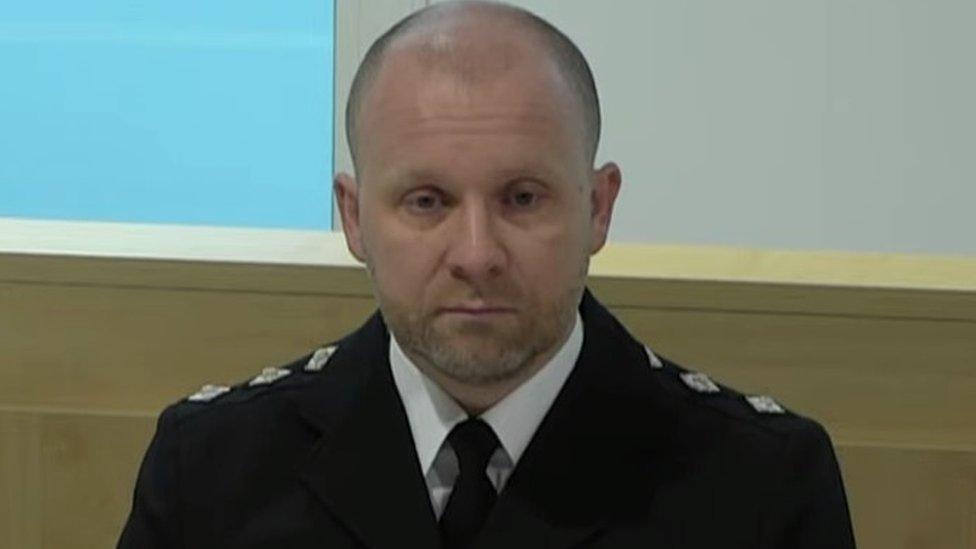Manchester Arena Inquiry: Ex-student's 'heroic' first aid efforts
- Published
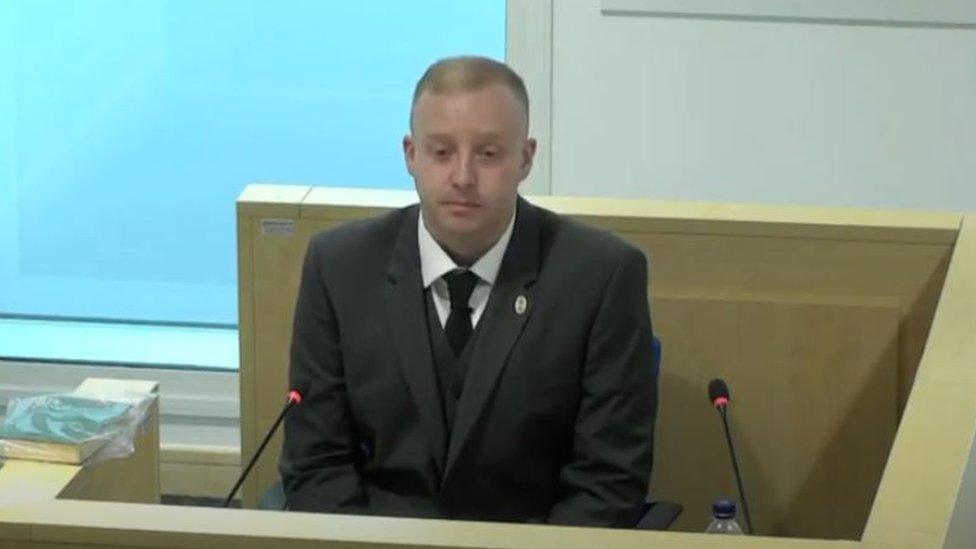
Ryan Billington was a student paramedic at the time of the attack in 2017
A former student paramedic has been praised for his "heroic" efforts treating victims of the Manchester Arena bombing.
Ryan Billington, 20, helped causalities and took charge of transporting the injured to ambulances, a public inquiry into the 2017 attack heard.
Mr Billington was one of the first-aiders on shift at the venue.
However, he said his training from then-employers Emergency Training UK (ETUK) was "non-existent".
Mr Billington told how he instead drew upon his own university training to assess casualties' injuries and direct people to use makeshift stretchers.
He also instructed bystanders to help carry the injured to ambulances.
Twenty-two people were killed and hundreds injured when Salman Abedi detonated a homemade device in the arena's foyer at the end of an Ariana Grande concert on 22 May that year.
"I couldn't just stand there and not treat people," Mr Billington said.

Twenty-two people died in the attack on 22 May 2017
Mr Billington confirmed to counsel to the inquiry Paul Greaney QC that he stayed in the City Room foyer for as "long as he could".
He said he had received training on dealing with blast injuries and the triage process, but not from his then-employers ETUK.
ETUK had been contracted to provide medical services at the time for arena operator SMG.
Mr Billington said: "I don't believe a first-aid-at-work course which is geared to help me treat my colleague that has cut a finger at their desk was anywhere near as much training as somebody should receive who is going to go on and deal with a major incident.
"So triage on the evening was greatly myself trying to tell first aiders that were not versed in triage and did not have any idea of the concept of it."
The inquiry has previously heard many of the first aiders working on the night of the attack did not have the appropriate qualifications.
The witness, who now works for North West Ambulance Service, added he did not feel he was sufficiently trained to be a clinical lead in the situation he found himself in.
He remained in charge until an advanced paramedic arrived, who was one of only three paramedics to enter the City Room.
John Cooper QC, who is representing the bereaved families, told Mr Billington the families were "grateful for the work you did, the heroic work you did, and you should be very proud of yourself".
Inquiry chairman Sir John Saunders said: "There were a number of heroes on that night but I think you certainly qualify to be one of them."
The inquiry continues.

Why not follow BBC North West on Facebook, external, Twitter, external and Instagram, external? You can also send story ideas to northwest.newsonline@bbc.co.uk
Related topics
- Published20 April 2021
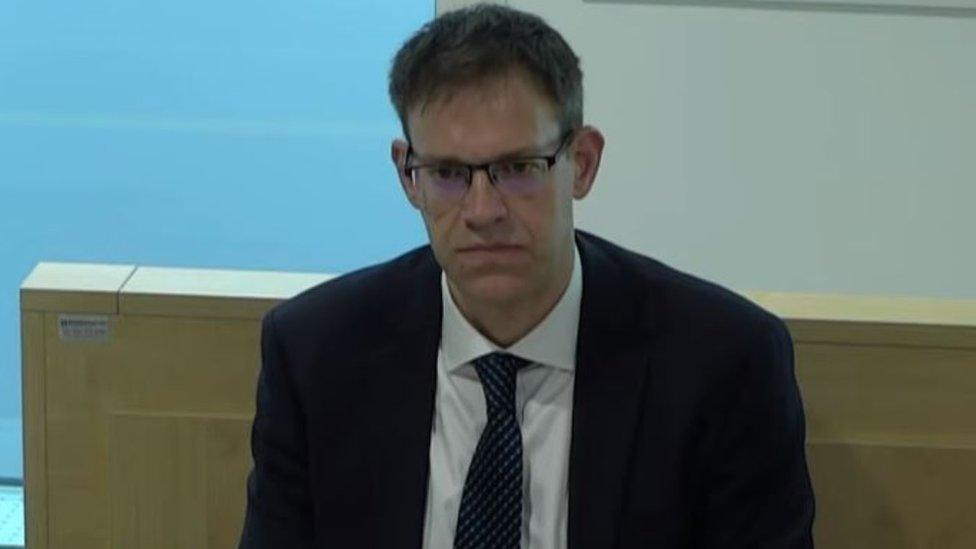
- Published19 April 2021
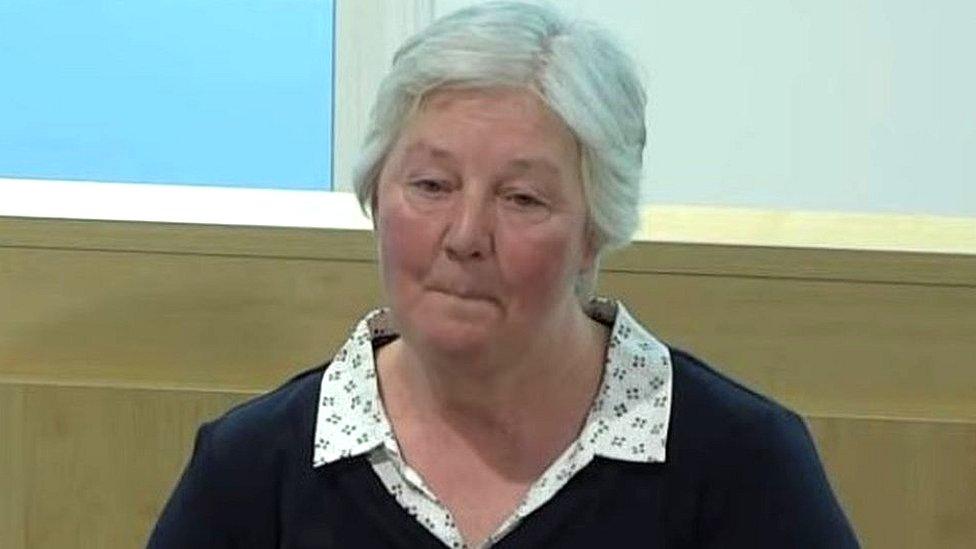
- Published15 April 2021
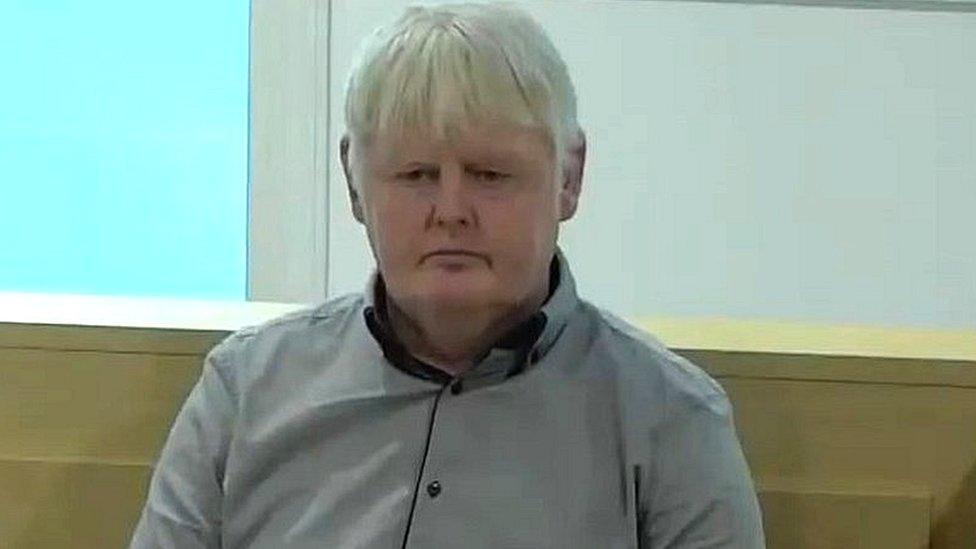
- Published14 April 2021
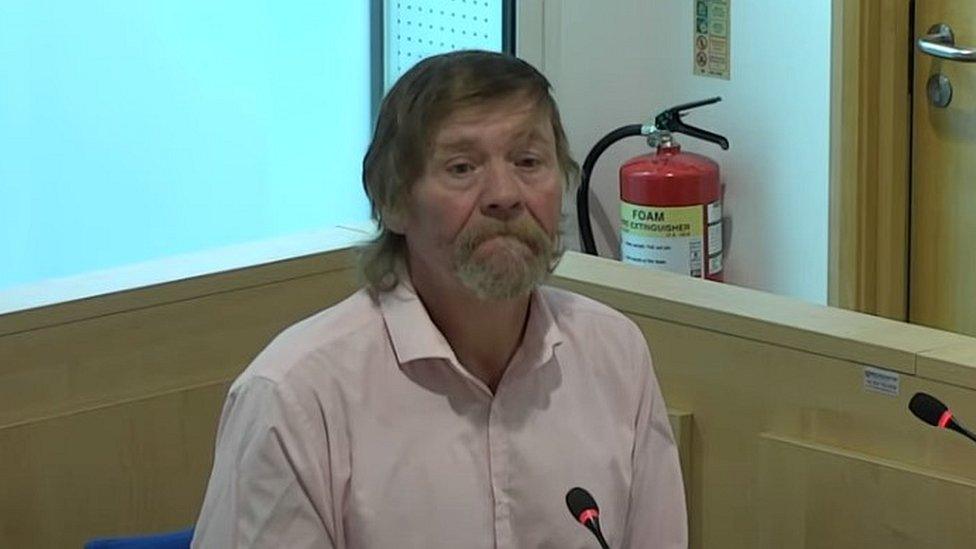
- Published8 October 2020
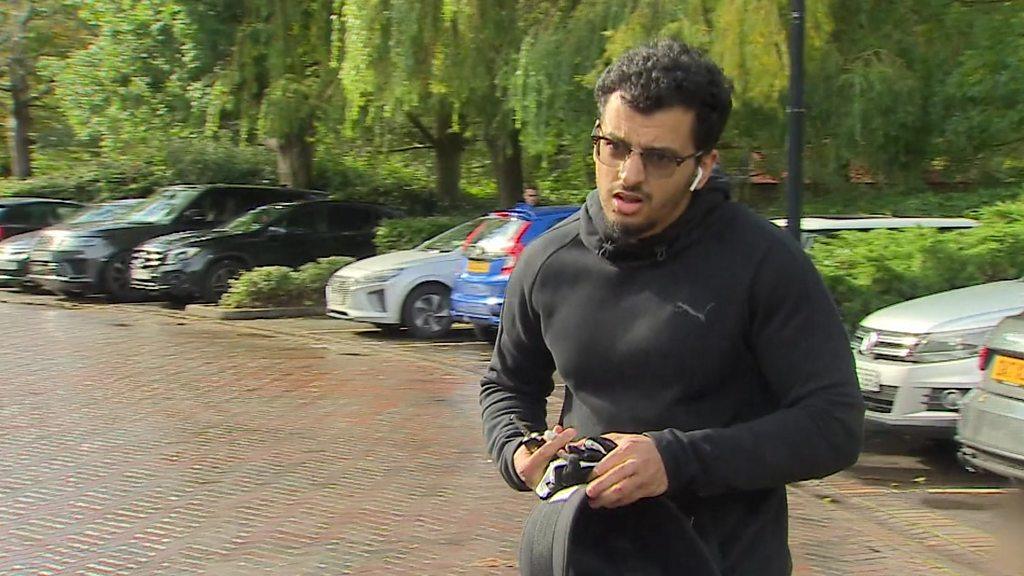
- Published13 April 2021

- Published12 April 2021

- Published30 March 2021
